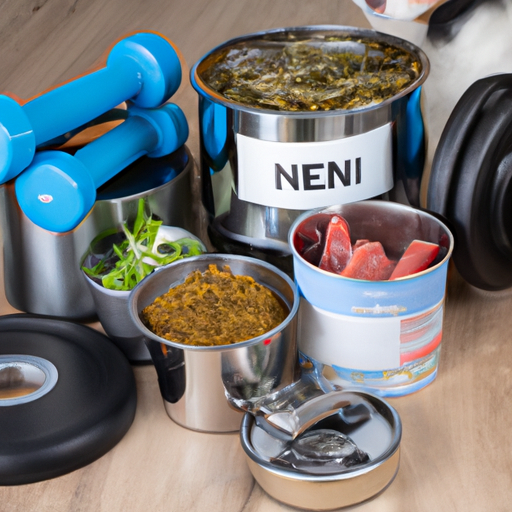“`markdown
What to Give Dogs to Gain Weight
As a devoted caregiver, you might sometimes worry about your pet’s health, especially when you notice that they are underweight. Here’s a comprehensive guide on what to give dogs to gain weight.
1. High Protein Food
Protein is essential for your dog’s growth and overall health. It’s the building block of their muscles, and it assists in repairing body tissues. You can increase your dog’s protein intake by adding:
- High-quality commercial dog food with a high protein percentage.
- Lean meats like chicken, beef, or fish.
- High-protein vegetables such as peas and spinach.
2. Healthy Fats
Don’t be scared of the word ‘fat’; your dog needs healthy fats for energy and to absorb vitamins. Here are some sources:
- Fish oil supplements.
- Fatty fish like salmon.
- Flaxseed and coconut oil.
3. Supplements
Supplements can help to boost your dog’s weight effectively and healthily. However, always consult with your vet before introducing any new supplement to their diet. Some popular options include:
- Probiotics.
- Fish oil capsules.
- Multivitamins.
4. Regular Feeding Schedule
A consistent feeding schedule can help your dog gain weight gradually. Consider the following:
- Feed your dog smaller meals more frequently throughout the day.
- Stick to a specific mealtime routine.
- Monitor your dog’s appetite and adjust as necessary.
5. Exercise
Exercise may seem counterintuitive when trying to help your dog gain weight, but it’s essential for building muscle mass. Here are some tips:
- Regular walks and playtime.
- Tailored exercise routines to avoid overexertion.
- Regular vet checkups to monitor progress.
| Key Points | Importance |
|---|---|
| High Protein Food | Builds muscles |
| Healthy Fats | Supplies energy |
| Supplements | Boosts overall health |
| Feeding Schedule | Ensures consistent weight gain |
| Exercise | Helps build muscle mass |
Frequently Asked Questions (FAQs)
Q: Can I give my dog human food to gain weight?
A: Some human foods can be safe and beneficial for dogs, but always consult with a vet before making significant changes to your dog’s diet.
Q: Should I be concerned if my dog is underweight?
A: It depends. Some dogs are naturally slender, but sudden weight loss can be a sign of underlying health issues. Always consult a vet if you’re concerned.
Q: How can I tell if my dog is underweight?
A: If you can easily feel your dog’s ribs or see their hip bones, they might be underweight. A vet can provide a more accurate assessment.
“`



